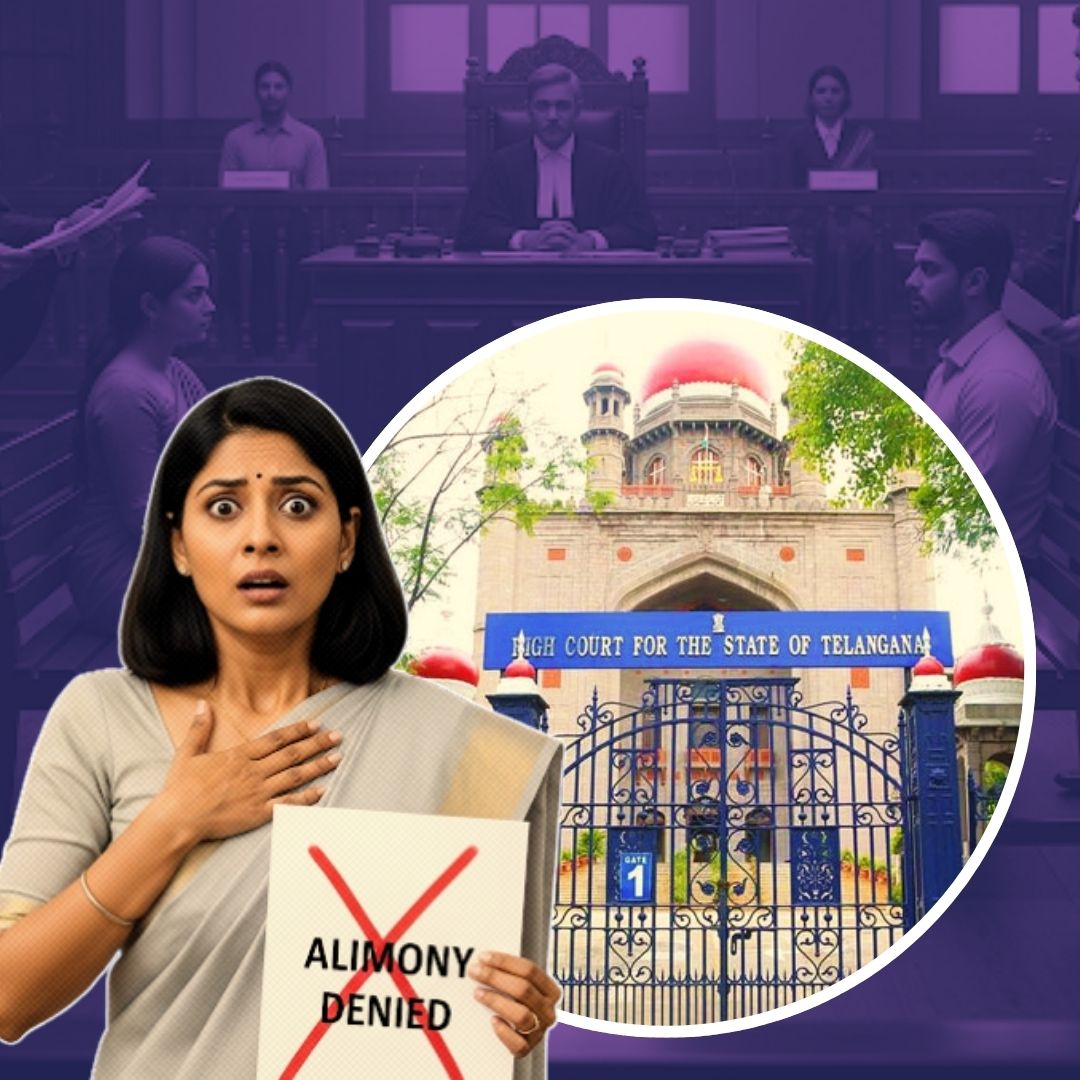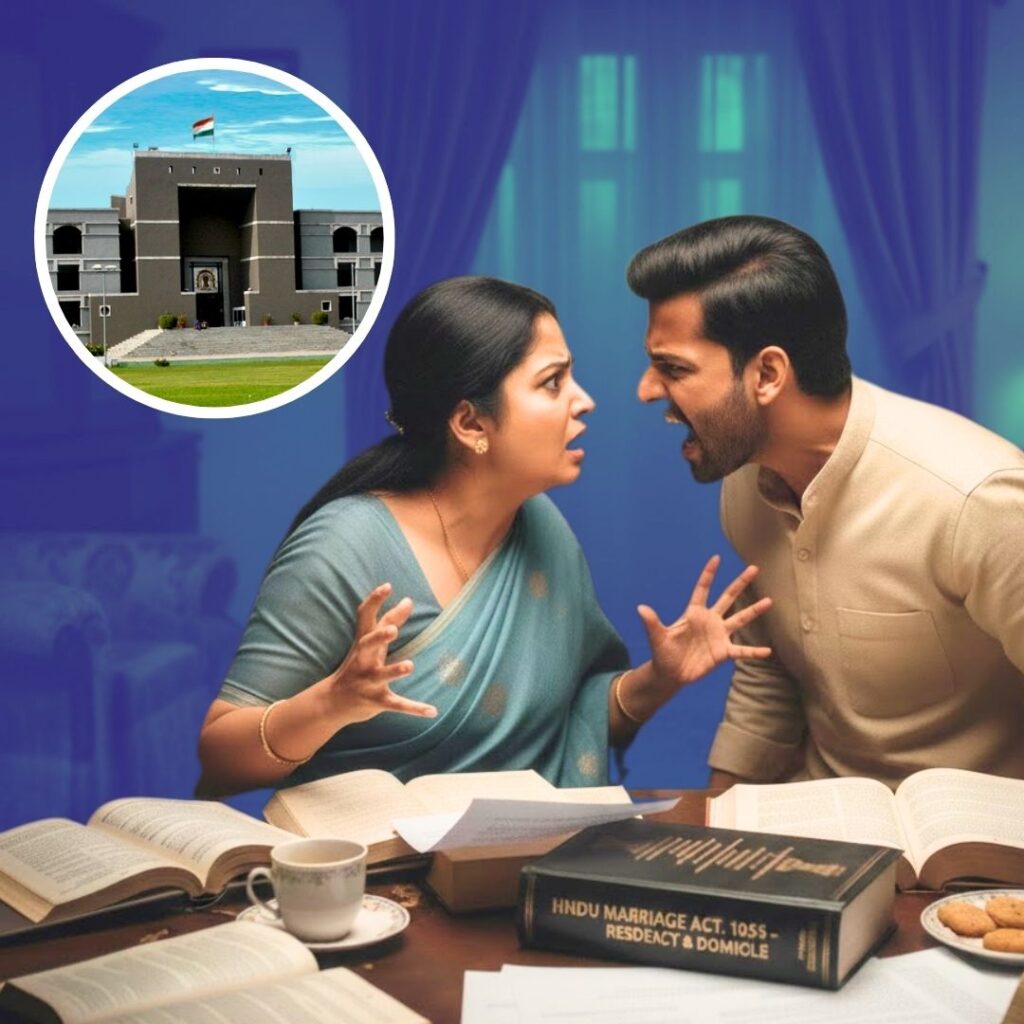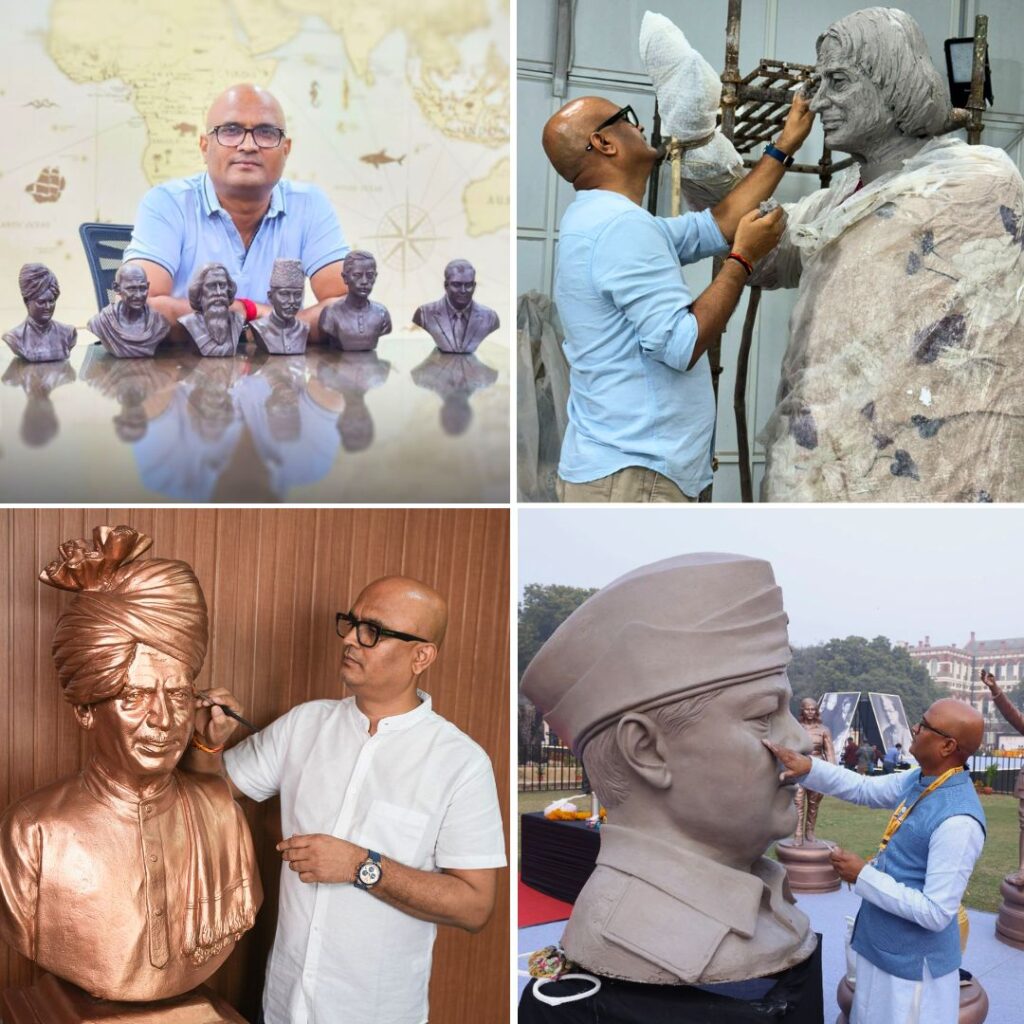The Telangana High Court recently dismissed a woman’s appeal seeking divorce on the grounds of “marriage fraud,” after she claimed her husband was impotent at the time of marriage and had concealed his medical condition.
The court held that she failed to provide sufficient evidence to substantiate these serious allegations. Upholding the family court’s earlier decision, the bench emphasised that such claims must be proven through credible medical or testimonial evidence.
While the woman argued that non-disclosure amounted to fraud invalidating the marriage, the husband denied these charges. This ruling highlights the delicate and complex nature of matrimonial disputes in India’s legal system.
Judicial Reasoning and Key Observations
In its judgment, the Telangana High Court stressed that allegations concerning impotence and concealment of medical history are “not matters to be decided on suspicion or conjecture.” The court underscored the necessity of strong, well-documented proof such as medical reports or corroborative witness testimony to support such claims.
The bench stated: “Non-disclosure of a medical condition does not automatically amount to fraud in the absence of concrete evidence.” This reflects the judiciary’s cautious stance in cases involving private and sensitive matters, balancing individual rights with the principles of justice.
Legal experts have pointed out that the verdict upholds a crucial precedent — courts cannot dissolve marriages merely on unproven personal allegations. The rigorous demand for evidence protects against frivolous claims that could disrupt the institution of marriage while safeguarding the dignity of all parties involved.
Background and Broader Context
The case originated from a family court in Telangana where the woman filed for divorce alleging her husband’s impotence at marriage and concealment of the same, claiming this amounted to “marriage fraud.” However, the family court dismissed her petition due to a lack of evidentiary support, prompting her to appeal. The High Court’s dismissal of the appeal affirms the lower court’s rationale.
This case enters a growing discourse around matrimonial law and personal rights within marriage in India. Issues of consent, medical privacy, and proving deception in marriage present significant challenges. Similar cases in Telangana and other states have also grappled with related questions, including the validity of marriages where concealment of facts or past marital status is alleged. In some instances, such disputes have escalated to discussions about criminal liability, but that was not applicable here.
As marriages increasingly intersect with medical and ethical questions, courts strive to balance respect for privacy and dignity with the need for transparency and fairness within marital relationships.
The Logical Indian’s Perspective
At The Logical Indian, we believe the judiciary’s reliance on clear evidence reflects a fair and measured approach to sensitive matrimonial issues. Marriage is a deeply personal and social institution that must be safeguarded from unfounded accusations while providing justice to genuine grievances. We advocate for empathy, respectful dialogue, and truthfulness in resolving such conflicts.
The ruling also prompts a broader reflection on societal attitudes towards medical conditions and privacy in marriage. Open communication and consent should be cornerstones of any union, but courts must ensure claims are just and substantiated before taking irreversible steps like divorce.












